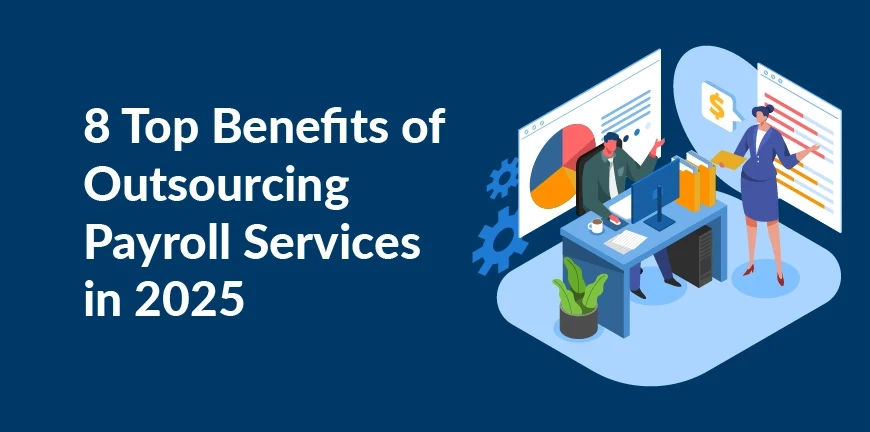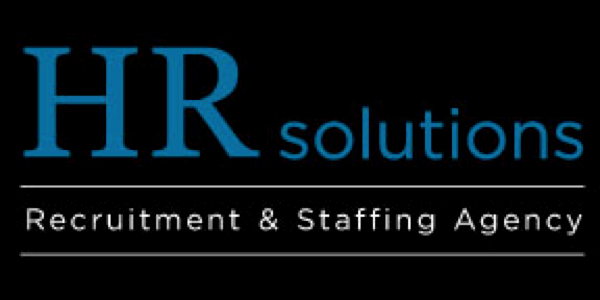One of the most substantial business trends over the last years has actually been to contract out functions that are not core service activities. Cutting costs and getting competence are the 2 most common motivations for outsourcing. This trend has actually long because reached business compliance programs. Many concerns surround this practice in the compliance arena.

Why Outsource Compliance?

The first concern is: why should an organization engage an outside specialist to assist in running the compliance program? The reality is that lots of compliance office jobs are consistently outsourced to vendors to make it possible for the compliance workplace to concentrate on the program's core elements. Hotlines, sanction screening services, and training programs are typically outsourced functions.
Sometimes, a compliance officer's departure produces the requirement for support till the company can work with a replacement. In others, an existing compliance program requires help to deal with included obligations, such as compliance management or HIPAA privacy/security officer assistance.
When Should You Outsource Compliance?
Organizations decide to work with compliance specialists after determining weaknesses or spaces in their operations, such as jobs in compliance, personal privacy or security officer functions. Sometimes, federal government examination drives the decision to generate specialists. Corporate Integrity Agreements mandate that an organization vouches for having a completely operating and efficient compliance program.
Managed Care statutes require preserving an effective compliance program and alerting CMS when a compliance officer vacancy occurs. And under the Affordable Care Act, CMS is required to develop mandated compliance program requirements. Once these requirements are in impact, many will seek skilled assistance to meet them.
Where Can You Find Compliance Outsourcing Services?
Where can companies find essential compliance proficiency? The simplest beginning point is checking the web to find expert journal posts on the subject. This can offer additional insight and determine professionals on the subject. A search can also recognize companies that might offer the needed services.

Who Should You Outsource Compliance To?
Who are some specialists that can fill spaces or supplement compliance programs, and have likewise developed, assessed, and handled reliable compliance programs? They are people with hands-on experience in several circumstances and settings that make them professionals.
The following are examples of experts with substantial compliance program consulting experience, who have actually worked as compliance officers in several roles:
Cornelia Dorfschmid, PhD, who has more than 20 years of health care seeking advice from experience and has actually acted as designated/interim compliance officer for hospital systems and doctor practices on numerous occasions.
Steve Forman, CPA, with 12 years as a health care expert, 10 years as VP for Audit/Compliance at a hospital system, and has worked as interim/designated compliance officer multiple times.
Suzanne Castaldo, JD, CHC, a skilled specialist who has served as interim/designated compliance officer a number of times.
How Can You Best Outsource Compliance?
How can organizations utilize compliance specialists to its finest benefit? Using qualified professionals has many benefits, but the type in employing them is to bring an optimal return of advantage for the expense by ensuring added worth. In addition to daily management, think about consisting of some of the following:
1. Examine the program to verify strengths and recognize opportunities for improvement;
2. Conduct an independent examination of the program for senior management and board;
3. Review the Code of Conduct and other composed assistance;
4. Evaluate the quality and effectiveness of compliance training;
5. Assess high-risk areas that require attention;
6. Assess resources required to efficiently operate the compliance program;
7. Use professionals to recognize and develop metrics evidencing compliance program efficiency;
8. Use experts to assist in determining and evaluating prospects for the long-term compliance officer position; and
9. Provide a "road map" for inbound compliance officers to follow.
What Level of Effort Should You Put Into Outsourcing Compliance?
What level of effort do organizations need to use compliance experts in compliance programs? Even for fairly big organizations, a true compliance expert can hold the program together for a number of months without having to be on-site complete time. Most organizations can run compliance programs efficiently through using a professional for 50-80 hours monthly for as much as 6 months till having a permanent compliance officer in location becomes vital.
Smaller companies and a lot of physician practices will require experts for only half the time. Due to advances in innovation, not all hours need to be on-site. However, the secret is to have the specialist on-call to deal with any emergent concerns. Notably, the OIG has actually accepted that for smaller companies, engaging a qualified specialist as the Designated Compliance Officer might make more sense. The OIG cites lots of factors for an organization to think about utilizing an outdoors specialist instead of a W-2 full time employee.

About the Author
Richard P. Kusserow established Strategic Management Services, LLC, after retiring from being the DHHS Inspector General, and has helped over 3,000 healthcare companies and entities in developing, carrying out and examining compliance programs.




















